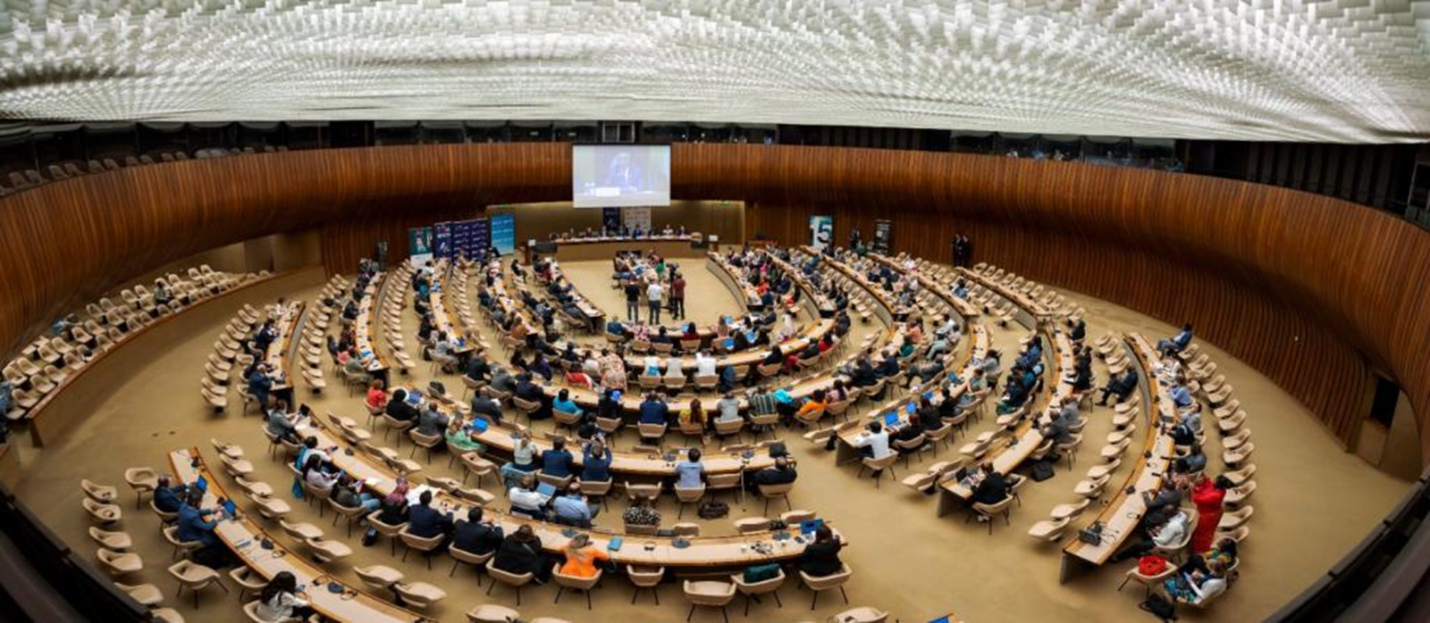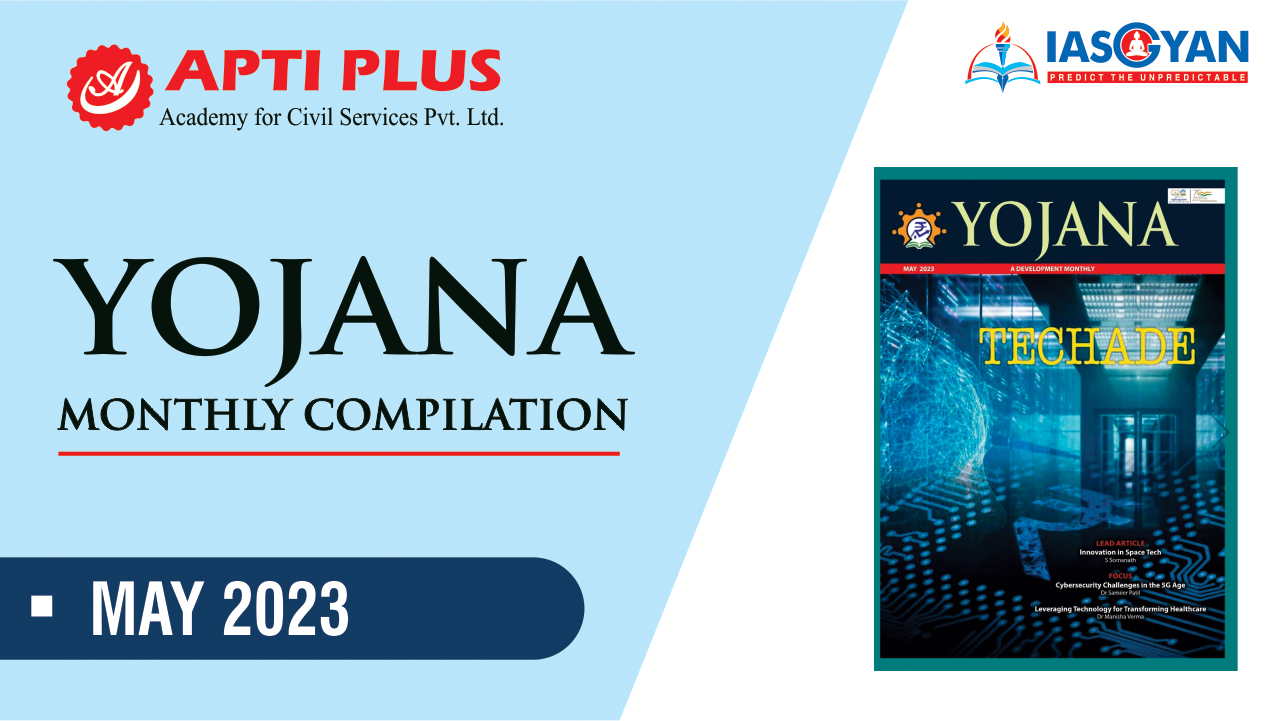
Copyright infringement not intended
Context: The health of indigenous peoples has been a long-standing concern for the World Health Organization (WHO), which has been working to improve their health outcomes and address the social determinants of health that affect them. On May 29, 2023, a resolution was adopted by the member states of the WHO at the Seventy-sixth World Health Assembly, which aims to accelerate action on the health of indigenous peoples globally.
Details
- According to WHO, an estimated 370 million indigenous people are living in 90 countries, and face considerable disadvantages compared with non-indigenous populations.
- They have lower life expectancy, higher prevalence of many diseases and adverse health conditions, and less access to and use of health care services.
- They also suffer from discrimination, marginalization, and violations of their rights.
Global Plan of Action for the Health of Indigenous Peoples
- The resolution, titled “Health of Indigenous Peoples”, proposes developing a “Global Plan of Action for the Health of Indigenous Peoples”, which will be presented to the Seventy-ninth World Health Assembly in 2026 for consideration.
- The Global Plan of Action will be based on the principles of human rights, equity, and cultural diversity, and will provide a framework for WHO and its member states to work with indigenous peoples and other stakeholders to address their health needs and challenges.
More about the Resolution
- The resolution requests the Director-General of WHO to develop the Global Plan of Action in consultation with indigenous peoples and their representatives, as well as with other relevant organizations and experts.
Support to member states
- It also requests WHO to provide support to member states, upon request, for improving indigenous health through various measures, such as developing knowledge and data on their health situation, developing and implementing national health plans and strategies for indigenous peoples, and encouraging the recruitment and retention of indigenous health workers.
- Furthermore, it requests WHO to include the improvement of indigenous peoples' health in the development of the Fourteenth WHO General Programme of Work.
Traditional knowledge and practices
- The resolution also recognizes the importance of traditional knowledge and practices of indigenous peoples for their health and well-being and calls for respecting and promoting their rights to use such knowledge and practices under national legislation and international obligations.
- It also urges member states to implement the UN Declaration on the Rights of Indigenous Peoples (UNDRIP), which affirms the right of Indigenous peoples to the highest attainable standard of physical and mental health.
Indigenous Peoples
About
- Indigenous peoples are the earliest known inhabitants of an area, especially one that has been colonized by a now-dominant group of settlers. However, the term has no strict definition and can be used to describe a variety of people and cultures.
- Indigenous peoples have collective ancestral ties to the lands and natural resources where they live, occupy or from which they have been displaced.
- They often have distinct languages, cultures, identities, ceremonies and ways of knowing that are different from those of the mainstream society or culture.
- They also have their customary leaders and organizations for representation.
Present Status
- Indigenous peoples make up about 6% of the global population but account for about 19% of the extremely poor.
- They face many challenges such as lack of formal recognition over their lands, territories and natural resources, inadequate access to basic services and infrastructure, barriers to participating in the formal economy, justice and political processes, and discrimination and marginalization.
- They are also more vulnerable to the impacts of climate change, natural hazards and disease outbreaks such as COVID-19.
Role and significance
- Indigenous peoples have a vital role and significance in the world.
- They conserve 80% of the world's remaining biodiversity and hold vital ancestral knowledge and expertise on how to adapt, mitigate and reduce climate and disaster risks.
- They also contribute to the cultural diversity and richness of humanity.
- Their rights have been outlined in international law by the United Nations, the International Labour Organization and the World Bank.
The way forward for Indigenous peoples is to ensure that they are respected, protected and empowered as equal partners in development
- This requires recognizing and securing their rights to their lands, territories and natural resources, ensuring their full and effective participation in decision-making that affects them, providing them with adequate access to quality education, health care and social protection, supporting their cultural preservation and revitalization, and promoting their economic inclusion and opportunities.
- It also requires addressing the root causes of their poverty and vulnerability, such as historical injustices, colonization and discrimination.
By doing so, we can ensure that Indigenous peoples can enjoy their rights, dignity and well-being, while also contributing to the sustainable development of their countries and the world.
Conclusion
- The resolution is a historic step towards advancing the health of indigenous peoples worldwide and reflects the commitment of WHO and its member states to uphold their rights and dignity. It also aligns with the UN Sustainable Development Goals (SDGs), which aim to leave no one behind and ensure healthy lives and well-being for all at all ages.
Must Read Articles:
World Health Assembly: https://www.downtoearth.org.in/news/health/world-health-assembly-approves-draft-resolution-on-health-action-plan-for-indigenous-people-89664
World Health Organization: https://www.iasgyan.in/daily-current-affairs/world-health-organisation-who
Tribal in India: https://www.iasgyan.in/daily-current-affairs/tribal-development-report
|
PRACTICE QUESTION
Q. Indigenous peoples are the original inhabitants of their lands, who have distinct identities, languages and traditions that are often threatened by colonization, discrimination and exploitation. They also have valuable knowledge and practices that can contribute to sustainable development and environmental protection. However, they often lack legal recognition, political representation and economics. How to empower the indigenous peoples of the world, who face multiple challenges in preserving their cultures, rights and environments?
|

https://www.downtoearth.org.in/news/health/world-health-assembly-approves-draft-resolution-on-health-action-plan-for-indigenous-people-89664




